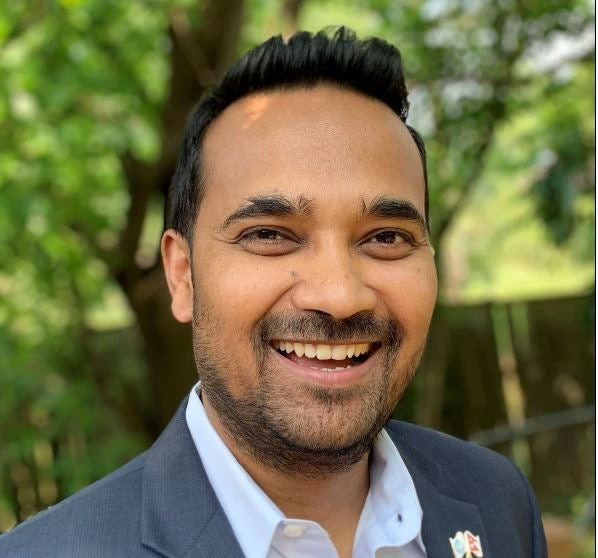
When trust in governments around the world is at a historic low, and a myriad of challenges continue to overwhelm leaders, it’s imperative for government agencies to revamp their strategic communications approach.
Whether it is during a natural disaster or a policy consultation process, citizens expect honest and useful communications from their government agencies. This expectation isn’t misplaced, as they now live in a world where mobile phones and the Internet are ubiquitous.
Governments often succeed or fail because of the way they communicate their vision, mission and policy objectives with the wider citizenry. In a digital age, it’s becoming increasingly obvious that governments ought to be proactive in the way they communicate and engage with citizens.
The decreasing price of technology such as mobile phones is leading to the rapid democratization of digital communicators.
Recently, when the devastating earthquake hit Nepal, Nepalis inside and outside the country wanted actionable information as soon as possible. Many of them were talking about the devastation even before the government’s initial statement. Twitter and Facebook are popular in Nepal and people were using the platforms to talk about damage and rescue.
As a Nepali citizen, I know my government has yet to be digitally savvy. Thankfully, the government launched a Twitter account to share the latest devastation numbers and information about rescue operation. It was a strategic use of the tool in a time of crisis.
The lesson from this quick anecdote is that governments ought to be where citizens already are. 20 years ago, citizens mostly relied on newspapers, T.V. and radio. Many still do. But they also talk about challenges and opportunities, and their government's success and failures, on the web and social media.
As governments around the world start to engage with citizens, listen to their concerns and promote their policies, here are a few things for them to keep in mind as a starting point:
- Listen: Traditionally, citizens voice their opinions and preferences through elections or protests. Now they use social media, almost on a daily basis. Government agencies ought to start listening. It will not only inform policy makers, but probably help them to avoid policy blunders.
- Be digital first, especially mobile: People around the world are leapfrogging thanks to mobile . More than half of the world’s population has mobile subscriptions now. By the end of 2014, the world had 3.6 billion unique mobile subscribers. Mobile is where people do business and share their opinions. Governments ought to be there too, providing services and engaging with citizens. There are lessons to be learned from Estonia and the U.K.
- Focus on being citizen-centric: If you ask a common citizen in any country, they are likely to tell you that government acts in its best interest rather than the people's interest. The fundamental shift in the way people communicate and expect services should persuade governments to be more citizen-centric. When governments are citizen-centric, it benefits everyone.
- Prioritize and be impactful: When it comes to communicating policy objectives, governments should prioritize and target. In an age where attention is scarce and people are bombarded with too much information, it pays off when you prioritize, customize information for people and make it useful for them.
- Build a coalition, your ambassadors: Governments must engage not only with NGOs, but also with average citizens who can potentially help promote and accomplish core policy objectives in their communities.
Tweet this: Good communication strategy is essential for good governance. #goodgov
Tweet this: Governments often succeed or fail because of the way they communicate their vision.


Join the Conversation